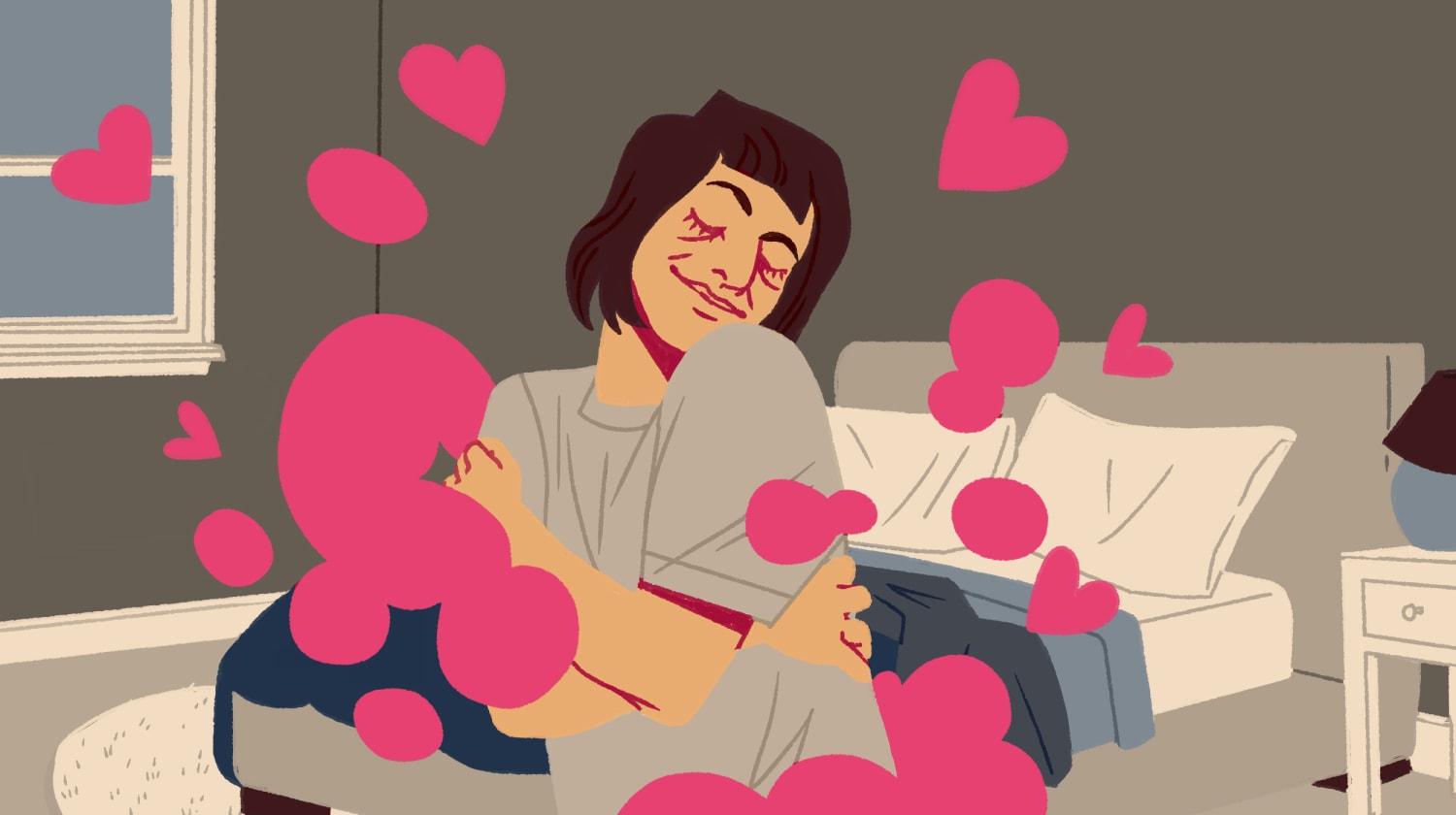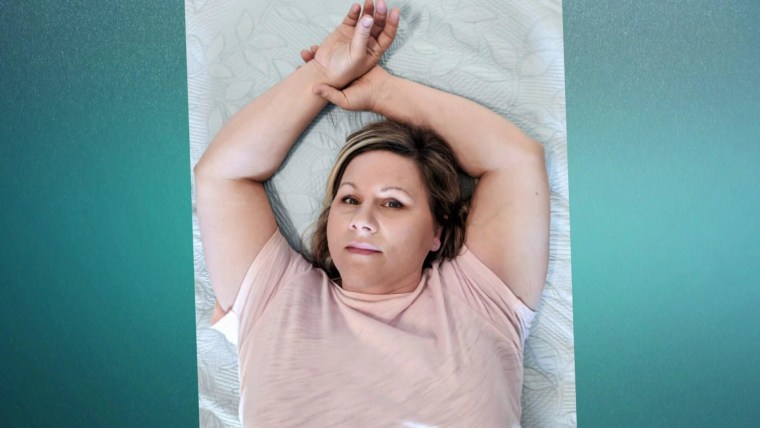At 44, when I had hot flashes out of nowhere, I sought answers. My gynecologist reported that my hormone levels had dropped to menopausal levels. Wait? The dreaded m-word? I couldn’t comprehend it. She left me crying in the exam room. While she couldn’t get out of there fast enough, I lingered in shock. My own body was betraying me.
My gynecologist reported that my hormone levels had dropped to menopausal levels. Wait? The dreaded m-word?
And did that betrayal mean the end of my sex life, too? Was I going shrivel up like an old leather shoe? I felt far too young to be heading into old crone territory. I grieved the end of my cherished feminine prowess and being seen as vibrant and attractive.
No friend, family member or M.D. had ever sat me down and said “Look, it’s all about to hit the fan — here’s what you need to do.” And yet, menopause happens to everyone. So why aren’t we having these conversations? There is still such shame and secrecy surrounding the body’s normal and inevitable changes — especially for women. We’ve been conditioned to look at these changes as a series of small deaths, a cultural punchline. Menopause represents the loss of not just fertility and desirability, but of one’s standing in society, as moments like the iconic refrigerator scene in “House of Cards” have made clear. It can feel like a woman’s entire purpose is distilled down to beginning and ending with procreation.
After that day in the doctor’s office, I started searching online for “anti-aging” concoctions and experts. I was looking for someone — anyone — to guide me through my rapidly biological changing landscape. I tried bioidentical hormone creams, vitamins and supplements, birth control pills and eventually even hormone pellets — anything that might make me feel like myself again. Through this barricade of bioidentical hormones, I kept the wolf of menopause at bay for years. It worked until it didn’t.
After turning 50, when I lacked energy and had no libido, I tried testosterone. That revved the engine back up again, but it also made me slightly aggressive and self-involved. After a while, my husband stopped coming to bed with me and preferred to just watch “Vikings” on his own, safe from my remote-seeking hands.
It turns out, the biggest changes that hit in my 50s didn’t have anything to do with how my body looked. My brain and my body began to sync up. An inner realignment occurred. I felt I could no longer force myself into situations or outcomes. It began with re-examining certain friendships or obligations that had run their course. I discovered the benefits of saying no, as opposed to the futility of trying to make everyone happy. It was also tremendously liberating to feel less inclined to prioritize everyone else’s needs. With an empty nest, I got to call the shots. And I really listened to what my body — all of it — was saying.
It turns out, the biggest changes that hit in my 50s didn’t have anything to do with how my body looked.
While my younger, people-pleasing, hoop-jumping self might have done whatever was required to keep the peace or had sex because it’s expected, I no longer do anything my body isn’t fully invested in. The autopilot is now broken. And that’s in many ways a blessing.
In the bedroom, this transition has led to some heated conversations. But while momentarily unpleasant, it has also led to a deeper understanding of each other. And when you feel more connected, you have better sex. Menopause doesn’t have to stand for “men on pause.”
Another thing I do differently now is talk to my friends about it. A lot of women still want to remain sexually active as they age. And yet while society and the medical establishment talks openly about how to help male libidos, female desire is mostly ignored. It’s time to debunk the outdated notion that a woman’s peak is pre-menopause. And it’s time to talk frankly about how to satisfy female needs. (Hint: Lube is key.)
The stigma around menopause feels like both a cultural and medical failure — doctors need to be talking openly about what aging does to our bodies, but so do women (and men). Fear of the unknown is a powerful thing. Instead of dreading and ignoring the inevitable until it’s too late, let’s confront it, and when possible, celebrate it. Sex as we age is the perfect example of this. Sure, it’s going to be slightly different. It may require extra preparation or toys. But it also has the potential to be amazing, especially for women. Finally, I felt in control of my body, and my desires. I wasn’t pausing romance, I was embracing it — on my own terms.
Source: | This article originally belongs to Nbcnews.com










